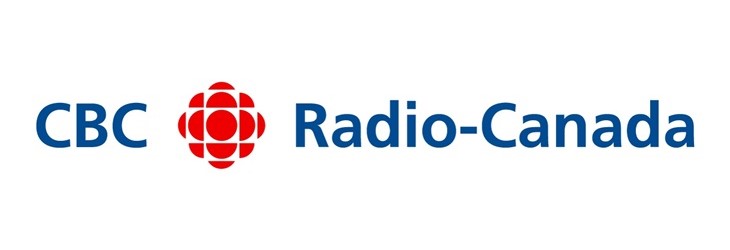
CBC/Radio-Canada saw its revenue increase 4.4 per cent to $120.7 million in the first quarter of its 2025-2026 fiscal year, compared to the same period in the previous year, according to its quarterly report released earlier this month.
The increase was primarily due to higher TV and digital advertising revenue mostly due to the federal election in April and greater news engagement, CBC’s report says, adding the revenue increase was partially offset by softening demand and declining audiences. Subscriber revenue is higher due to increased subscriber volumes on CBC/Radio-Canada’s digital platforms, the report says.
For the three months that ended June 30, the public broadcaster’s government funding increased by a similar 4.3 per cent to $326.7 million, compared to the same quarter last year. CBC said this seasonal increase was consistent with its expected needs for operating funding in the quarter and due to higher expenses compared to the same period last year.
CBC/Radio-Canada’s expenses in the first quarter of fiscal 2025-2026 increased by 1.5 per cent to $438.8 million, primarily due to higher newsgathering costs related to the federal election and other major events, as well as higher operational costs for its programming and digital activities, the broadcaster said.
Net results for the quarter were a gain of $8.5 million compared to a loss of $3.6 million in the same period last year.
Citing data from Numeris, CBC/Radio-Canada said one in four Canadians (more than 10 million) watched its election night coverage on April 28 on television, including on CBC, ICI Télé, CBC News Network and ICI RDI. In addition, Canadians spent more than 20 million hours engaged with CBC/Radio-Canada on radio, its digital platforms and tools, such as its Poll Tracker, and live streams throughout the election campaign, CBC said, citing Numeris, Adobe Analytics, FAST and YouTube data.
The full report is available here.



